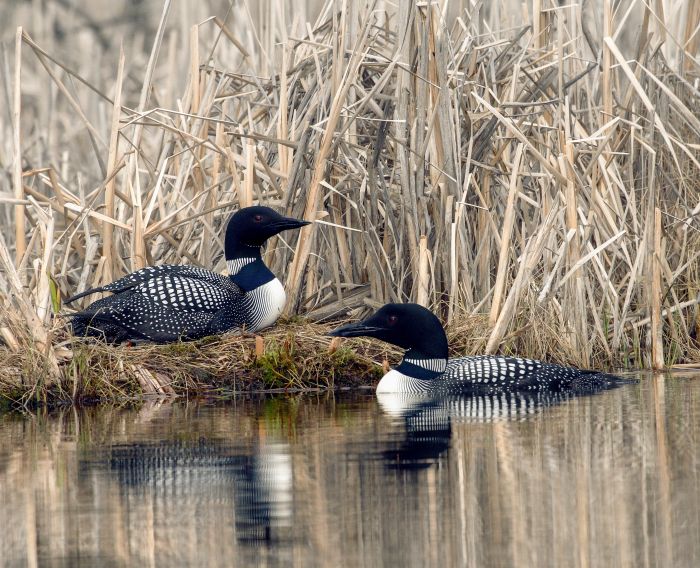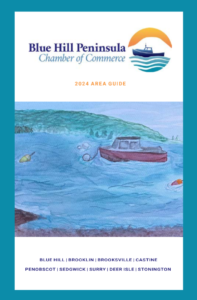
Join BHHT & IHT for our November Friends From the Field with Dr. Mark Pokras!
Did you know that groups in Maine are deeply involved in studies on the environmental threats to common loons?
Today we consider that common loons (Gavia immer) embody everything in nature that is wild, free, mysterious and beautiful. In New Hampshire, Tiffany Grade has said, “When you encounter a loon, you’re in another world. You’re sucked out of the humdrum of the daily human routine and taken to a wild place.” But loons are under pressure from a variety of problems including climate change, pollutants, human recreational activities, and emerging diseases and parasites. Learn more about how this is done as Dr. Mark Pokras (Cummings School of Veterinary Medicine, Tufts University) describes the pathology work that helps us understand these threats, prioritize conservation efforts, and highlight efforts of Maine organizations.
Register at: https://us02web.zoom.us/webinar/register/WN_7_V5YozlRfGaJcLbeeEn2Q
Dr. Mark Pokras, Emeritus Associate Professor of Wildlife Medicine, and former Director of the Tufts Wildlife Clinic, and Tufts Center for Conservation Medicine. Mark earned a bachelor’s degree in ecology and systematics from Cornell University and a D.V.M. from Tufts. Mark has been involved in wildlife conservation and rehabilitation for over 50 years and has worked with local, state and national, and international groups on educational and research efforts. His current areas of interest are medicine and surgery of native wildlife (especially birds and reptiles), wildlife (especially aquatic birds) as indicators of environmental health, conservation biology, and allometric scaling. A particular focus has been research on the effects of lead poisoning and the bioaccumulation of chemicals in loons and other aquatic animals. Mark works closely with most of the private, state and federal conservation organizations in the region and is strongly committed to fostering multidisciplinary collaborative efforts.



